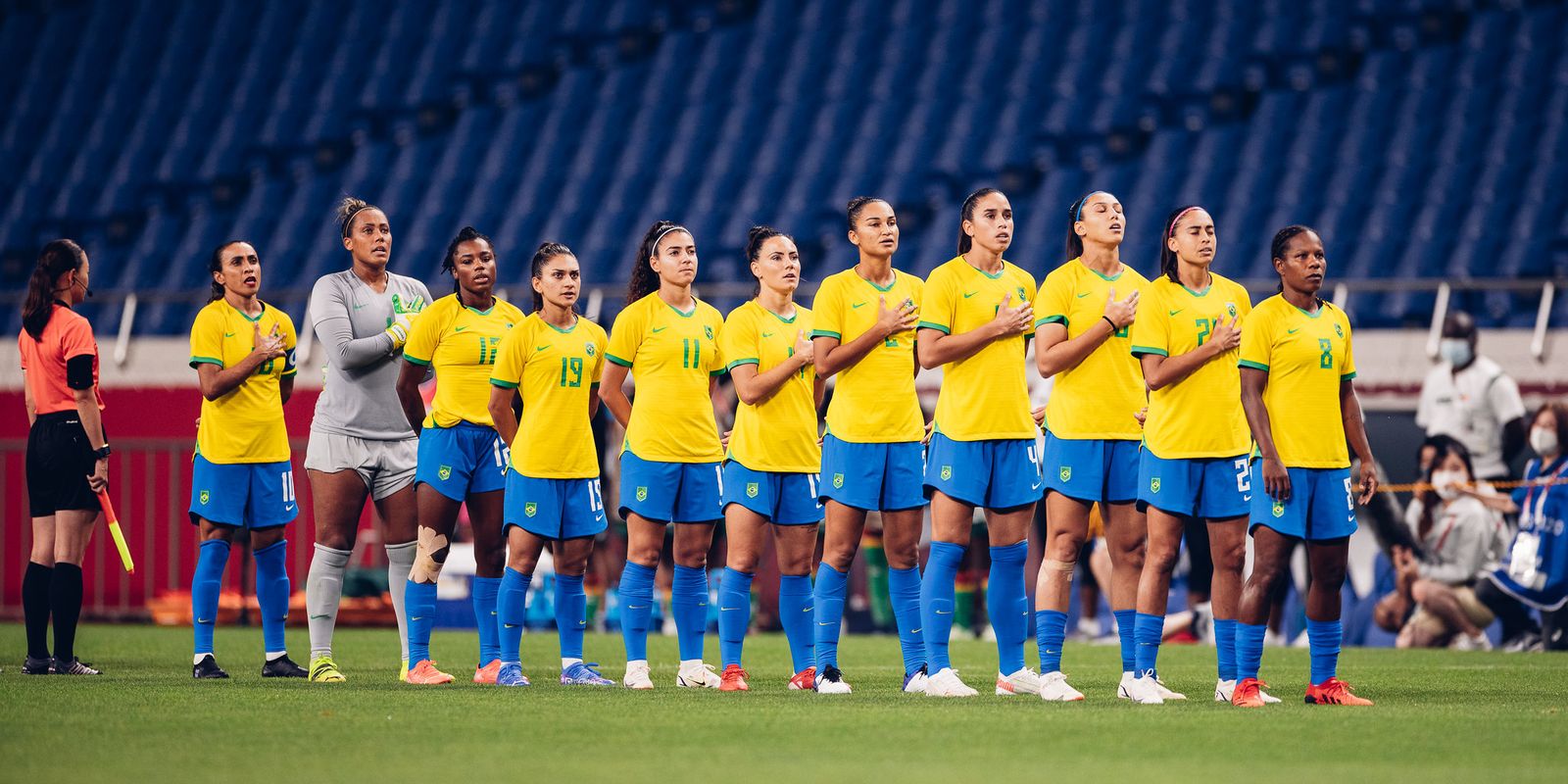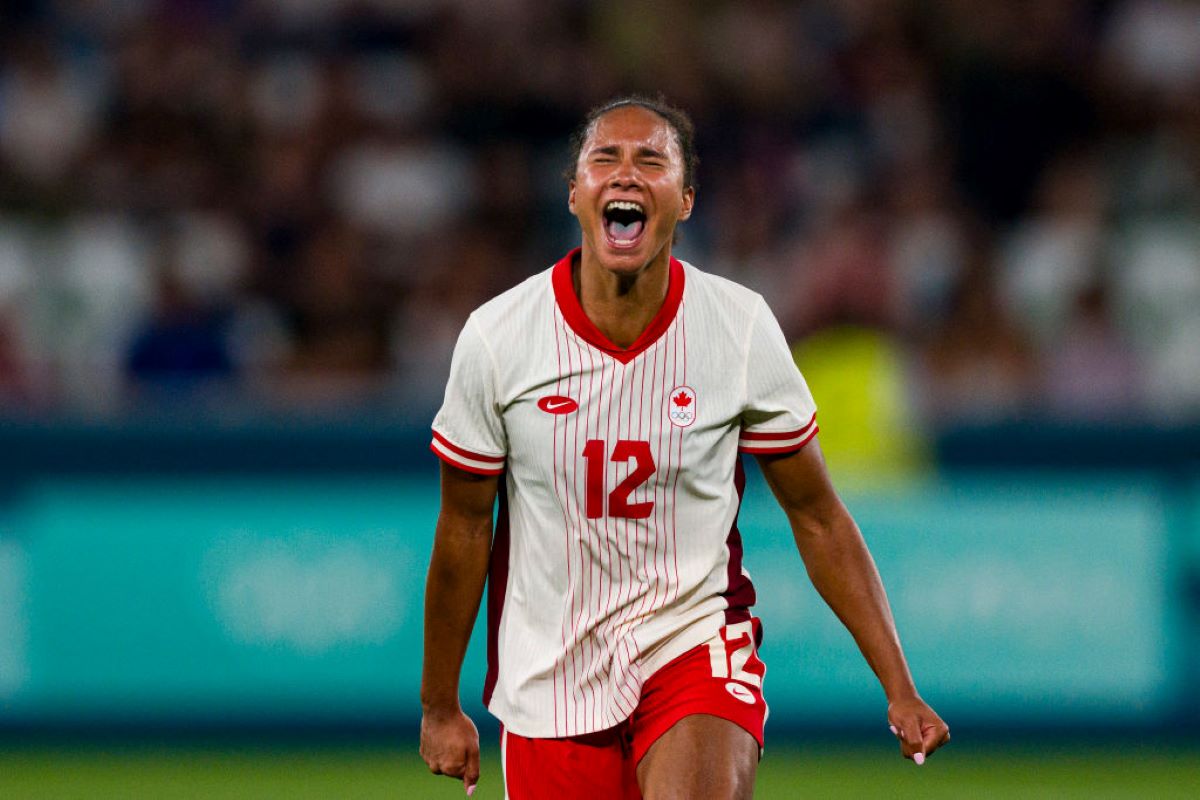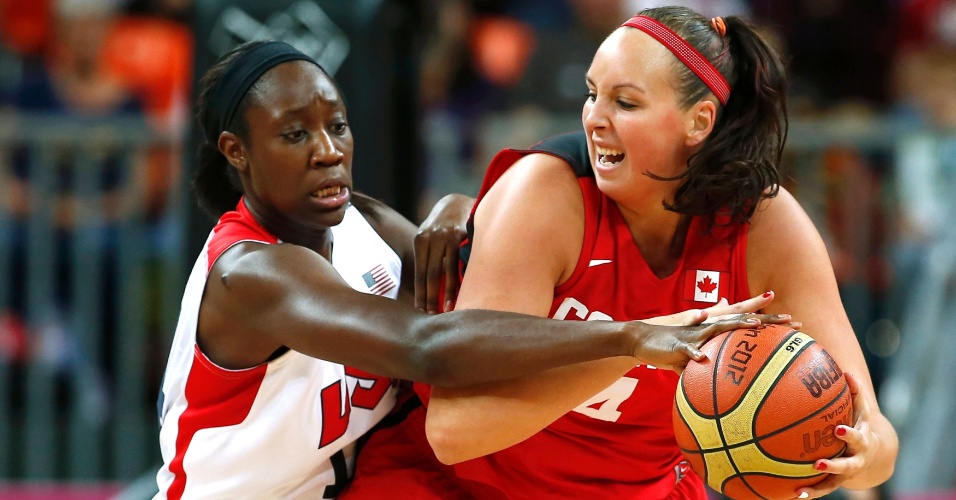Created in mid-1987 in the province of Ravenna, located in Italy, beach tennis began to professionalize in 1996. The modality arrived in Brazil in 2008, in Rio de Janeiro, and since then it has been gaining more and more more fans. The sport has gained popularity even in non-coastal cities.
According to the Brazilian Tennis Confederation (CBT), it is estimated that currently around 2 million people spread across all continents have opted for beach tennis. Brazil is one of the greatest sports forces in the world and attracts more and more fans. The entity estimates that around 1.1 million people practice the modality in the country, more than double compared to 2019.
Doctor Vagner Messias Fruehling, orthopedist at VITA Hospital, specialist in the treatment and surgery of the shoulder and elbow, explains that the increase in the demand for physical activity is seen every day. He says people look to exercise to prepare themselves physically or as an alternative to playing a sport. In this concept, there has been an increase in the demand for beach tennis in urban areas and clubs. “With this growing popularity, some care is needed to perform healthily and enjoy the benefits of this activity,” says the orthopedist.
The doctor. Vagner warns of the need to maintain certain precautions. It is necessary to be careful of the effects of the sun and it is necessary to drink water to keep the body hydrated. The doctor also recalls the need to warm up the joints and muscles, which are essential. “Orthopedic complaints are frequent in the shoulder and elbow, but we must not forget injuries to the lower limbs due to twisting of the ankle in the sand, causing fractures and ligament damage”, reports the specialist.
In the upper limbs, shoulder pain due to the elevated position of the arms led patients to consult a doctor. Excessive frequency of games leads to muscle and joint overload, leading to frequent pain. The doctor says that elbow pain is common and well known in the orthopedic field, as it is often experienced by tennis players, in a condition known as tennis elbow. It’s the same problem, which we only see now in beach tennis. “The patient presents with pain in the external region of the elbow, sometimes with swelling, caused by the action of grasping the racket and making repeated movements”, specifies the surgeon.
Treatment without surgery is the most common, starting with the use of medication and ice packs, which usually alleviate symptoms. If symptoms persist, an evaluation with an orthopedist should be sought. “Doing physical activity is extremely important for health, and it should also be enjoyable. But caution is fundamental, the person must avoid excesses and enjoy the benefits of each sport”, warns Dr. Vagner.
About VITA Hospital – The first unit of the VITA network in Paraná was inaugurated in March 1996, in Bairro Alto, and the second in December 2004, in Batel. VITA was the first Brazilian hospital to obtain, at the beginning of 2008, the Canadian international accreditation CCASS (Canadian Council on Health Services Accreditation). Health services certification assesses excellence in management and, primarily, patient care safety. In addition, VITA is one of the multiplier hospitals of the Brazilian Patient Safety Program (PBSP), which aims to spread and create innovative improvements in quality and patient safety. It is also part of the group of hospitals of the National Association of Private Hospitals – ANAHP. VITA offers round-the-clock care and is a reference in the fields of cardiology, general surgery, neurology, bariatric surgery, emergency medicine, urology, intensive care and orthopedic traumatology. In addition, it has a complete sports medicine service, offering care to athletes of different modalities; oncology department; Medical center and diagnostic center. To ensure a high level of quality in the services provided to patients, VITA has invested in the extension of its infrastructures, treatments with multidisciplinary teams, the modernization of equipment, the humanization of care, the qualification of professionals and safety. care.

“Evil pop culture fanatic. Extreme bacon geek. Food junkie. Thinker. Hipster-friendly travel nerd. Coffee buff.”






:strip_icc()/i.s3.glbimg.com/v1/AUTH_da025474c0c44edd99332dddb09cabe8/internal_photos/bs/2024/x/2/N6XJkFRYWxJY6hAeUEtw/betty2.png)
